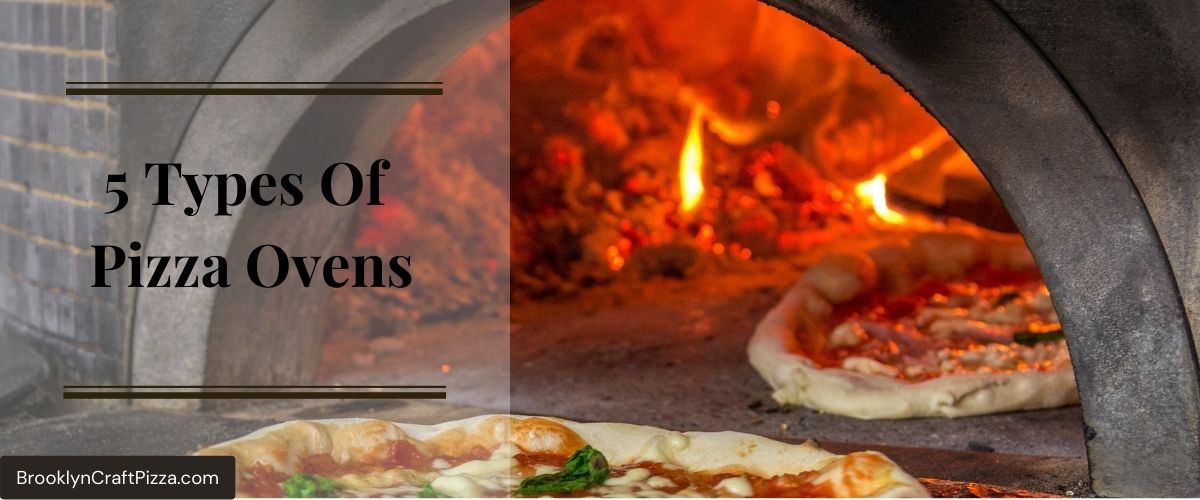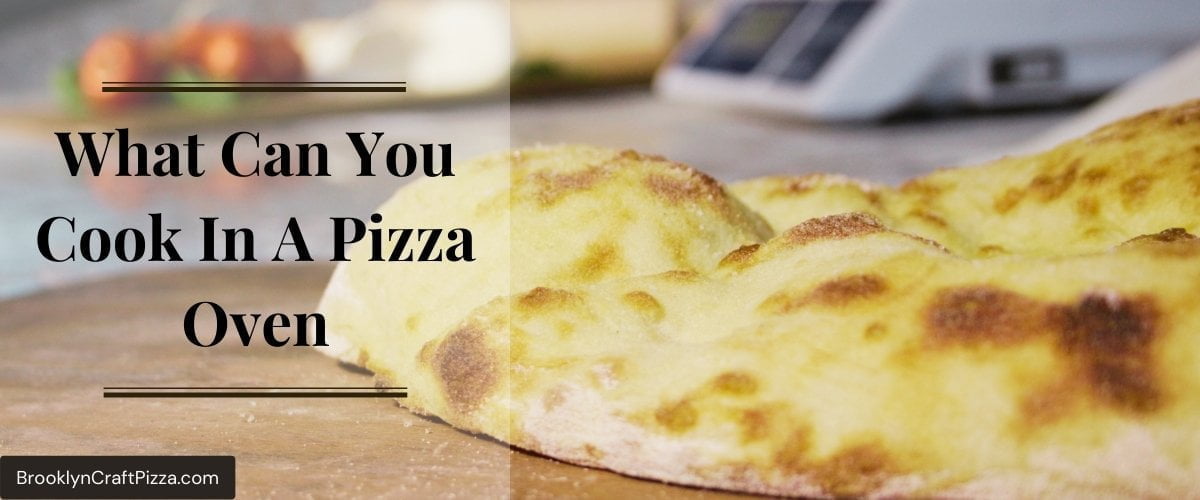Why Does Pizza Make Me Poop? – We all know the feeling. You’ve just polished off a delicious slice (or two, or three) of pizza, and now you’re feeling the need to…well…go. But why does pizza have this effect on our digestive systems? Let’s find out!
Checkout this video:
The science behind why pizza makes you poop
Have you ever wondered why pizza seems to give you such an urgent need to poop? Turns out, there’s a scientific reason for it.
Here’s the deal: when you eat pizza your body digests the cheese and other toppings first. But the dough takes longer to break down. So, while the toppings are busy being turned into energy, the dough hangs out in your gut, getting fermenting by bacteria. And that fermentation process produces gas… which leads to pooping.
So there you have it: the next time you have an urge to run to the bathroom after Eating Pizza you can tell your friends it’s all thanks to science.
Why some people are more sensitive to the effects of pizza
When it comes to pizza, some people are more sensitive to its effects than others. For some, eating pizza can cause digestive issues like gas, bloating, and diarrhea. So why does pizza have this effect on some people?
There are a few possible explanations. First, pizza is a food that is high in fat and carbohydrates. This combination can be difficult for the digestive system to break down, particularly if you’re not used to eating it on a regular basis.
Second, pizza is often loaded with toppings like cheese, sausage, and pepperoni. These ingredients can add to the difficulty of digestion.
Finally, many people eat pizza quickly without giving their bodies adequate time to digest it properly. This can lead to problems like heartburn and indigestion.
If you’re sensitive to the effects of pizza, there are a few things you can do to minimize the chances of experiencing digestive issues. First, try eating smaller pieces so your body doesn’t have to work as hard to digest the food. Second, take your time when eating and chew each bite thoroughly before swallowing. And lastly, avoid drinking carbonated beverages with your meal as they can contribute to gas and bloating.
How to avoid the undesirable side effects of pizza
Pizza is delicious, but it can also have some undesirable side effects – like making you poop. Here’s how to avoid the undesirable side effects of pizza.
When you eat pizza, your body breaks down the carbohydrates into sugar, which is then absorbed into your bloodstream. This causes your blood sugar levels to rise, which in turn stimulate the release of insulin. Insulin helps your body to process and store the sugar, but it also has the side effect of stimulating bowel movements. So, if you’re looking to avoid the undesirable side effects of pizza, be sure to watch your blood sugar levels and limit your intake of carbohydrates.
The benefits of pizza-induced bowel movements
Pizza, like other high-fat, high-fiber foods, can help stimulate bowel movements. The fatty acids in pizza help to lubricate the intestines, while the fiber helps to bulk up stool and move it along the digestive tract. So if you’re feeling backed up, a slice (or two) of pizza might just do the trick.
The best types of pizza for promoting regularity
Did you know that pizza can actually help promote regularity? That’s right – the next time you’re feeling a little backed up, reach for a slice of your favorite pie.
But not all pizza is created equal when it comes to promoting regularity. To get the most out of your slice, go for a pie with lots of veggies, a whole wheat crust, and lean protein toppings (like grilled chicken or tofu). And avoid anything too greasy – that extra grease can actually slow down digestion.
The worst types of pizza for those with sensitive stomachs
Pizza is one of the most common and easily accessible foods in the world. It’s delicious, and for the most part, pretty harmless. However, for people with sensitive stomachs, pizza can be a minefield.
There are many different types of pizza, and some are worse than others for people with sensitive stomachs. The worst offenders are generally pizzas with a lot of toppings, or those that are particularly greasy.
One study looked at the effects of different types of pizza on people with irritable bowel syndrome (IBS). The study found that people with IBS who ate a pizza with pepperoni had more symptoms than those who ate a plain cheese pizza Other toppings that can trigger symptoms in people with IBS include sausage, mushrooms, and onions.
Greasy pizzas can also trigger symptoms in people with sensitive stomachs. The grease from the cheese and pepperoni can act as a laxative, causing diarrhea and other issues.
If you have a sensitive stomach and want to eat pizza, it’s best to stick to plain cheese or vegetable-topped pizzas. Avoid pizzas with lots of toppings, and make sure to ask for them to be light on the grease.
How to make your own pizza that is less likely to cause digestive issues
Pizza is one of the world’s most popular foods. It’s also one of the most common triggers of digestive issues like diarrhea and bloating. If you’re prone to digestive problems, you may be wondering why pizza has this effect and what you can do about it.
There are a few possible explanations for why pizza can cause digestive problems. First, pizza is often high in fat and grease, which can be difficult for the body to break down. Additionally, pizza often contains a lot of cheese and other dairy products, which can be hard to digest for people who are lactose intolerant. Finally, many people eat too much pizza in one sitting, which can lead to indigestion and stomach pain.
There are a few things you can do to minimize the chances of having digestive issues after eating pizza. First, try to choose a healthier option with less cheese and greasy toppings. You might also want to eat smaller slices and take your time chewing each bite thoroughly. Finally, avoid drinking carbonated beverages with your meal, as they can contribute to gas and bloating. With a little bit of planning, you can enjoy pizza without worrying about post-meal digestive problems!
The benefits of a high-fiber diet for overall health
A high-fiber diet has a number of health benefits, including proper bowel function and reduced risk for heart disease and type 2 diabetes. Fiber is found in plant foods, such as fruits, vegetables, whole grains, legumes, and nuts. It is the indigestible part of plant foods that helps add bulk to your stool and keeps things moving along your digestive tract.
There are two types of fiber — soluble and insoluble. Soluble fiber dissolves in water and forms a gel-like substance that helps slow down digestion. This type of fiber is found in oats, barley, flaxseed, apples, oranges, and lentils. Insoluble fiber doesn’t dissolve in water and helps add bulk to your stool. This type of fiber is found in whole wheat breads, wheat cereals, bran flakes, nuts, and seeds.
Most Americans don’t get enough fiber in their diets — the Institute of Medicine recommends that adults consume 14 grams of fiber for every 1,000 calories consumed . That means a man who needs 2,800 calories a day should be consuming 39 grams of fiber each day. A woman who needs 2,200 calories per day should be consuming 31 grams of daily.
The importance of hydration in preventing constipation
Your intestines need hydration to function properly. Without enough water, the intestines cannot move food effectively through the system. When this happens, you can end up constipated.
Pizza is a common trigger for constipation because it is often high in fat and low in fiber. Fat slows down intestinal contractions, while fiber helps to keep things moving along. Pizza can also be dehydrating, since it is typically made with salty cheese and processed meats.
If you are prone to constipation, it is important to stay hydrated throughout the day. Drink plenty of water and eat foods that are high in fiber, such as fruits, vegetables, and whole grains. If you find that pizza gives you trouble, try avoiding it or limit yourself to small servings.
Tips for dealing with the side effects of pizza
pizza is one of the most delicious and popular foods in the world. But for some people, it can also be one of the most problematic. Pizza is high in fat and salt, which can cause indigestion, heartburn, and other uncomfortable side effects.
If you’re someone who feels like they need to take a trip to the bathroom every time they eat pizza, there are a few things you can do to minimize the side effects. Try eating smaller slices, avoiding greasy toppings, and drinking plenty of water. You can also try taking an over-the-counter antacid before you eat. With a little trial and error, you should be able to enjoy pizza without any problems!



